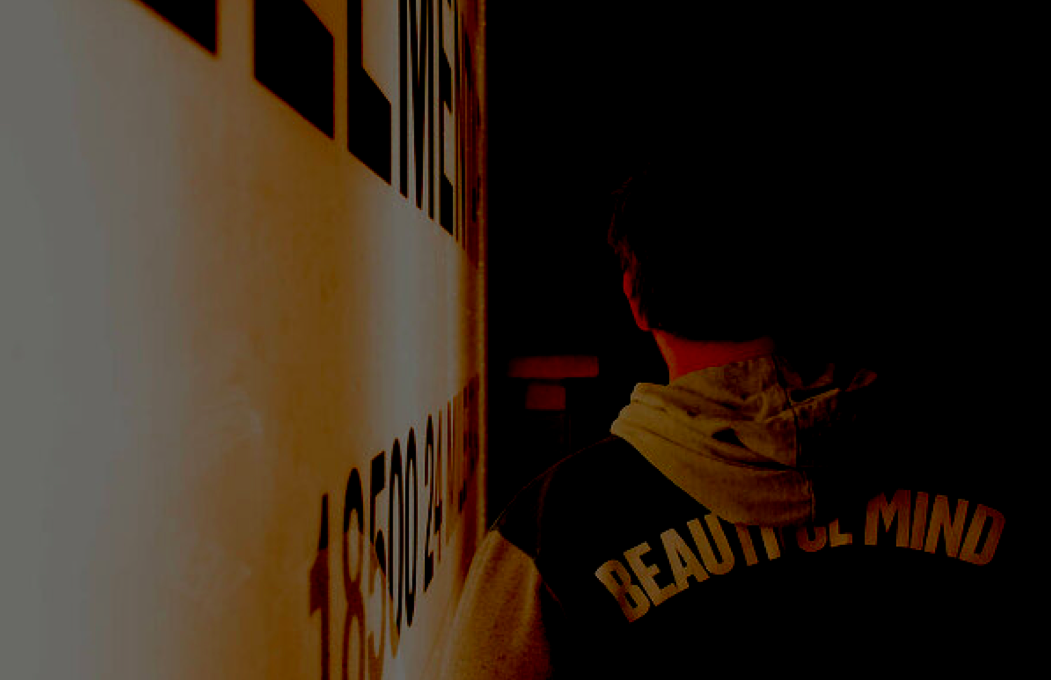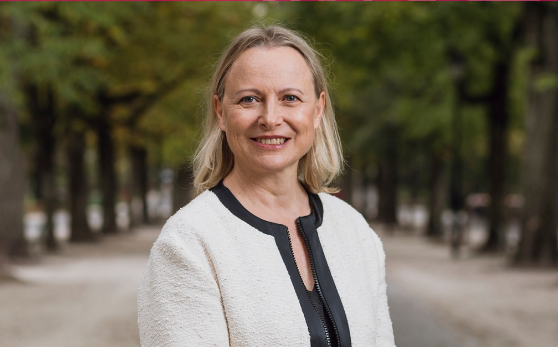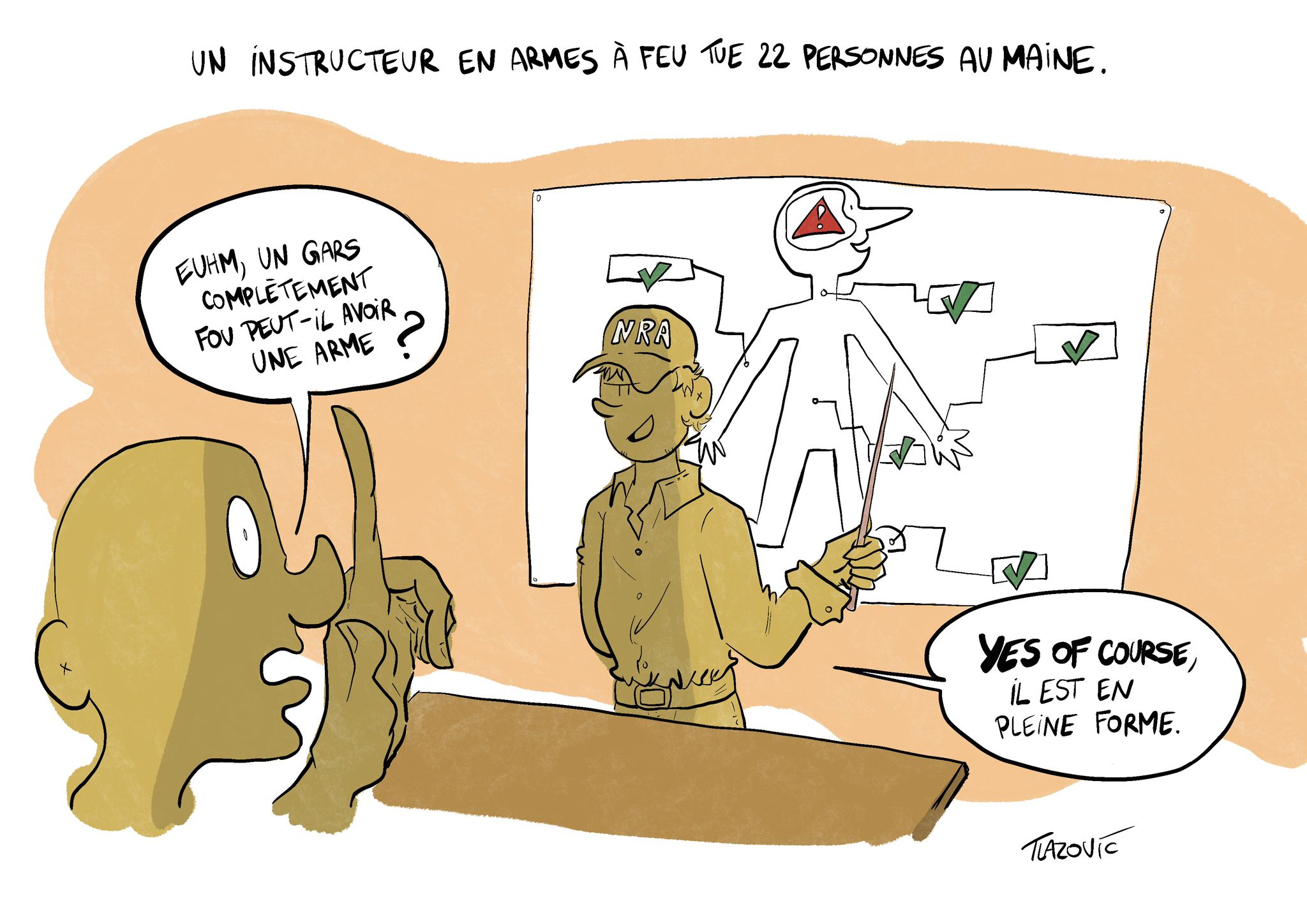When I was in my last high school year, during the process of writing a short story that revolves around the theme of social image and its importance in adolescence, I really felt the need to interview those around me at school, in order to take into consideration the different points of view on the subject. I must admit that initially, it was more a need to satisfy my curiosity than a need to contribute in a relevant way to my work. I mean, it’s intriguing, all these people that I was seeing almost every day but to whom I did not address a word for different reasons. This silence, often, was quite simply out of fear that the interest will not be reciprocal; but it could very well also be because of a form of shyness. There are kinds of groups in high school, categories of people whose existence we do not admit.
I selected a few people at random to talk to, but it is possible that my choices were led by a kind of intuition – I imagined perhaps that certain people in particular would be likely to provide me with interesting thoughts on the subject.
Here is an example of the few questions I asked a dozen students at my high school :
1) Do you smoke? Do you drink at parties? For what reasons?
2) Do you consider yourself a hypocrite?
3) How do you think people from your school would describe you?
4) What do you think of the term « being popular »?
5) Do you speak in class? If not, why?
6) Do you have social networks? For what reasons?
As the interviews progressed, I was challenged by a bizarre phenomenon.
Some students told me about the fact that “popular” people existed in high school. They hastened to add that the term popularity was clearly an effect of clichéd American films, but still affirmed its existence in real life. « In fact, popularity is present during the period of life where we have the most time to waste, » said a 19 year old girl interviewed. She added that these individuals are considered popular only because they limit the revealing of their personality to the maximum, in order to better adapt to everyone.
When asked about who the popular lads were, everyone’s answer was the same: stoned ones, who always go to parties. I got a few names, two of which suited me, given that they followed the same art lesson as me: we’ll call them Charles and Tom.
Talking with them gave surprising results. The « popular » looked genuinely confused when I told them about popularity.
« In high school? No, I don’t see it like that — I don’t have the impression that the notion of « popularity » exists between students. Not in high school anyway, maybe later, in the professional world. But to call someone popular, I find that weird,” Charles told me.
I asked him then if that meant he didn’t consider himself popular, and the answer was consistent with the previous one – a “no” without hesitation. I asked him afterwards: How do you think high school students would describe you?
This question always had the same effect on everyone interviewed – they all took a long time to answer, sometimes letting out a laugh as they added a prolonged uhm. They were all cautious in their response, saying a maximum of three very vague adjectives. But the “popular” people could find absolutely no answer to give me. They also asked me if I was referring to their friends or strangers – the answer seemed obvious to me, so I told them that I meant “strangers”. They were even less able to answer me after that.
Charles, despite the fact that he obviously had no idea, tried as best he could to come up with a satisfactory answer — after a while, he settled for modest adjectives such as “nice”, also adding, comically, “tired”. Regarding Tom, he said: “I don’t think anyone has an opinion of me. I’m quite discreet, and I think it’s precisely so that people can’t judge me. People unconsciously judge what we release, and I do just the opposite, I try not to release anything.”

This last answer would confirm what other students told me earlier: popular is equal to limiting one’s personality, and therefore, releasing nothing. Charles and Tom gave me quite unexpected responses however, as they seemed to feel absolutely no need to adapt to others. One would say that someone who is perceived as popular in a school environment would pay attention to his/her social image, trying to exude a maximum of sociability — to attract others, in a way. The truth, as I perceived it, is that people are fascinated by the effortless.
I tried to dig a little, and it seemed that these so-called « popular » people had no interest in knowing what strangers thought of them. The answer that naturally came to me was that they are totally satisfied with their group of friends and their social life :
“I don’t necessarily want to get to know anyone or anything, even people who seem interesting to me. Precisely, I tell myself that the person will interest me when I do not know him. I rarely meet new people who are super good”, Tom tells me, before adding: “It’s unlikely that I will bring someone into my group of friends. I will rarely take the first step, but as long as there is an opening I will make the effort – for example, if it is my friend’s friend, let’s say”.
This is also the kind of response I got from Charles: “I try to think of myself first and please myself; I’m not going to force an agreement with anyone. I think that at one time I adapted to others, but not anymore”.
They thus seem inaccessible, leaving others wondering who deserves their attention? As laughable as it can be, it would explain other students’ tendency to define these people in particular as “popular” – got a lot of friends, but not anybody is welcomed to join them. Tom affirms: “The people with whom I spend little time and for whom I have decided that they do not interest me, these people, I will not give a damn. I’m more going to dedicate myself to someone I’m just interested in and hope I get the same in return. »
When I also mentioned the fact that some students had told me that the popular ones were the ones who smoked, Tom seemed honestly surprised. He asked me if I had interviewed younger students, surprised that such an answer could come from someone in his teen years. I answered no, and his astonishment was even more visible. “I think that we have nevertheless reached a certain maturity to understand that it is not attractive to smoke or drink. On the contrary, it is rather positive things that will attract us” he exclaimed to me. He added his take on popularity: “Honestly, that [popularity] doesn’t mean anything. If you see someone as popular, you envy them for something. In high school, I have the impression that it does not exist; maybe it’s the extroverted people, or the group of friends with a lot of people. But really, it’s not popularity for me. »
An outside point of view would perhaps be tempted to point out that this interview is possibly about disguised answers, of the famous type “I know what I am supposed to say therefore I am saying it”. It’s true; I’ll have to stick with the easy answer, which is that everyone can interpret this interview as they want.
Seems that the lesser you care, the cooler you are? We talk so much about this social image, it’s almost impossible to escape it. And, for me, Charles and Tom are not excluded: despite their perceptible nonchalance, their answers underscore a fear of being judged. They admitted quite involuntarily that they are conscious of their social image and their popularity, since limiting themselves in a social environment for the sake of not caring about other people is contradictory. While Charles seems to be the kind to avoid risks, being more shy than detached, Tom, conscious of the stakes, is willing to seem as careless, indifferent, and disinterested as possible. This makes him not only unapproachable, but also unable to be perceived negatively. From the impression I got during Tom’s interview in particular, I found it quite funny how obvious it was: precisely because he judges others, he is scared of showing more of his personality himself – he knows how cruel people can be. His high self-esteem is in fact noticeable, and he wants to keep it like that; no need to let anyone think any other way.
And who can blame him, I may as well say. Without pulling out boilerplates, the social image is, among students, more about restricting than asserting oneself. The limit is hardly perceptible between shy and nonchalant, but both prefer to be the fearful spectators of those who are willing to take the risk of showing their true selves to the environment they’re exposed to. In the end, we choose what we want to show, who we want to be. Let’s not forget that we all care about our social image enough to try and sometimes fake it – even that guy in the back smoking with his friends.





Laisser un commentaire
Vous devez vous connecter pour publier un commentaire.